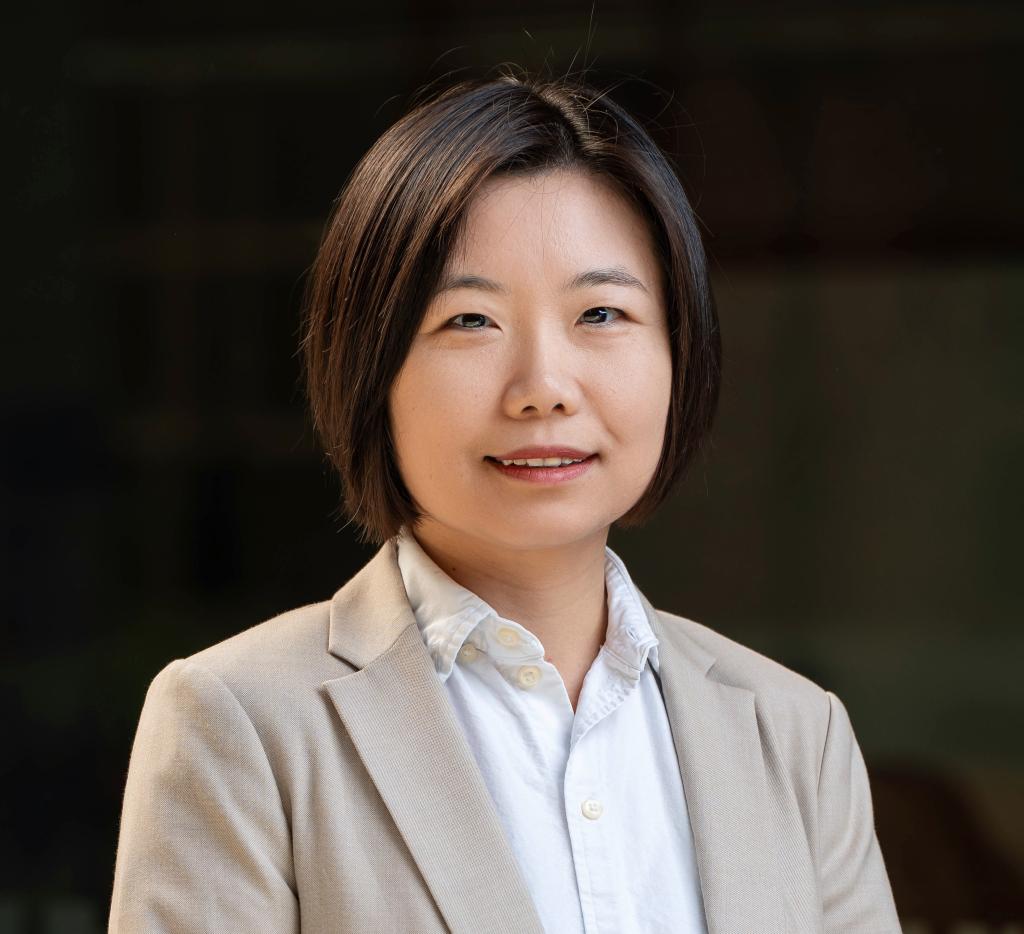报告嘉宾:焦研教授
报告题目:MolecularModelling of Electrocatalyst Materials for Clean Energy Conversion
报告时间:2025年1月2日 上午10:30-11:30
讲座地点:工学四号馆一楼会议室

报告人简介
Professor Yan Jiao obtained her PhD in Chemical Engineering from the University of Queensland in 2012. Since graduation, she has been working at University of Adelaide's School of Chemical Engineering. Yan is an ARC Future Fellow, a Young Tall Poppy, a Highly Cited Researcher, and one of 40 Rising Stars byThe Australian.
Yan’s passion is to co-create a more sustainable world, using her expertise in molecular modelling and interdisciplinary collaboration spirit. Yan's expertise is the use of computational techniques for the design of clean and sustainable energy conversion materials. She has published more than 100 articles in leading journals such asNat. Energy,Nat. ChemEng,Nat. Commun.,J. Am. Chem. Soc.,Angew. Chemie Int. Ed., and more. Her published works have received over 40,000 citations and with a h-index of 76. Yan has secured multi-million Australian dollars in research funding as Chief Investigator. She is also a Chief Investigator and Program Leader for ARC Centre of Excellence for Carbon Science and Innovation.
报告摘要
The goal of achieving zero-carbon emissions by 2050 has driven the search for alternative solutions that can replace the traditional fossil fuel-based economy. With the technology and infrastructure in place to produce clean electricity from renewable sources such as solar or wind, the ability to generate it on a large scale is rapidly increasing. This presents a prime opportunity to produce carbon-free fuels and chemicals (for example,hydrogen) by electrocatalysis. The electrocatalysis method enables the conversion of green electricity into chemicals and fuels, and vice versa, providing a path towards a sustainable future.
One of the key challenges in electrocatalytic energy conversion reactions is the performance of the catalyst material. The need for electrocatalysts with high activity and selectivity is critical. Molecular modelling can play a significant role in designing these materials, especially when combined with experimental techniques. By gaining an in-depth understanding of electrochemical reactions through molecular modelling, we can propose new materials for various reactions. My presentation will briefly touch on how we have done this in the past and the challenges ahead. I will share my thoughts on how computational electrocatalysis will evolve in the future and the shift towards "Operando" modelling, and how machine learning might assist the progress. Additionally, I will present some of our recent works using machine learning to design materials that might have not existed before, and Operando modelling to uncover the potential and pH-dependent reaction mechanisms for electrochemical energy conversion reactions, and how that might aid us in designing better materials and reaction environments.